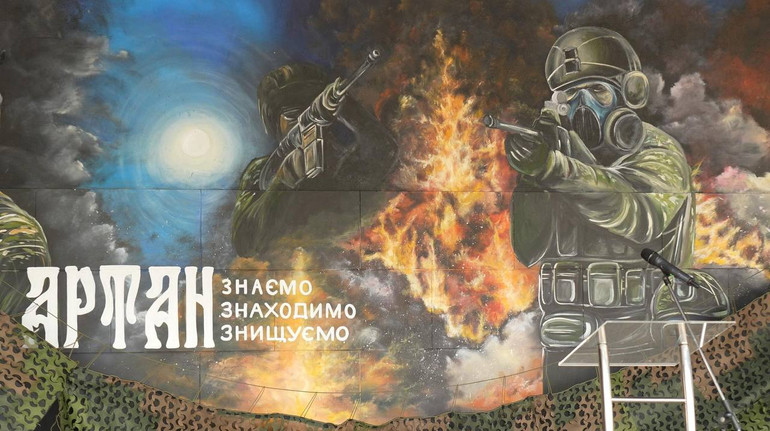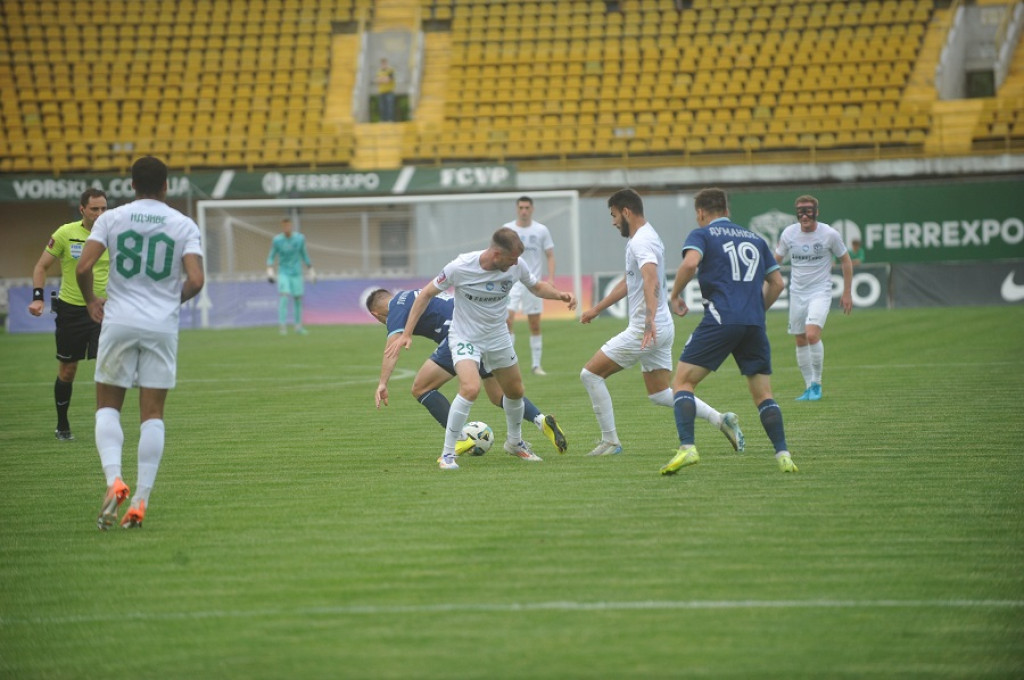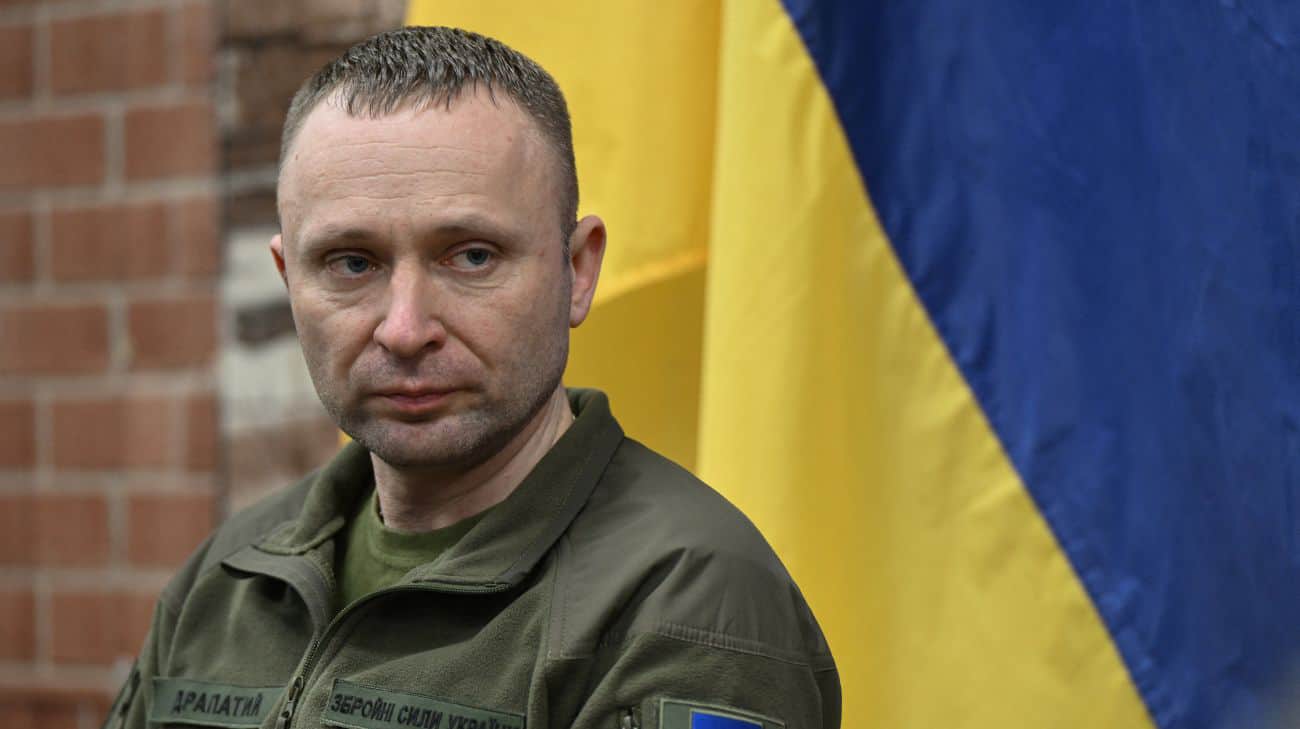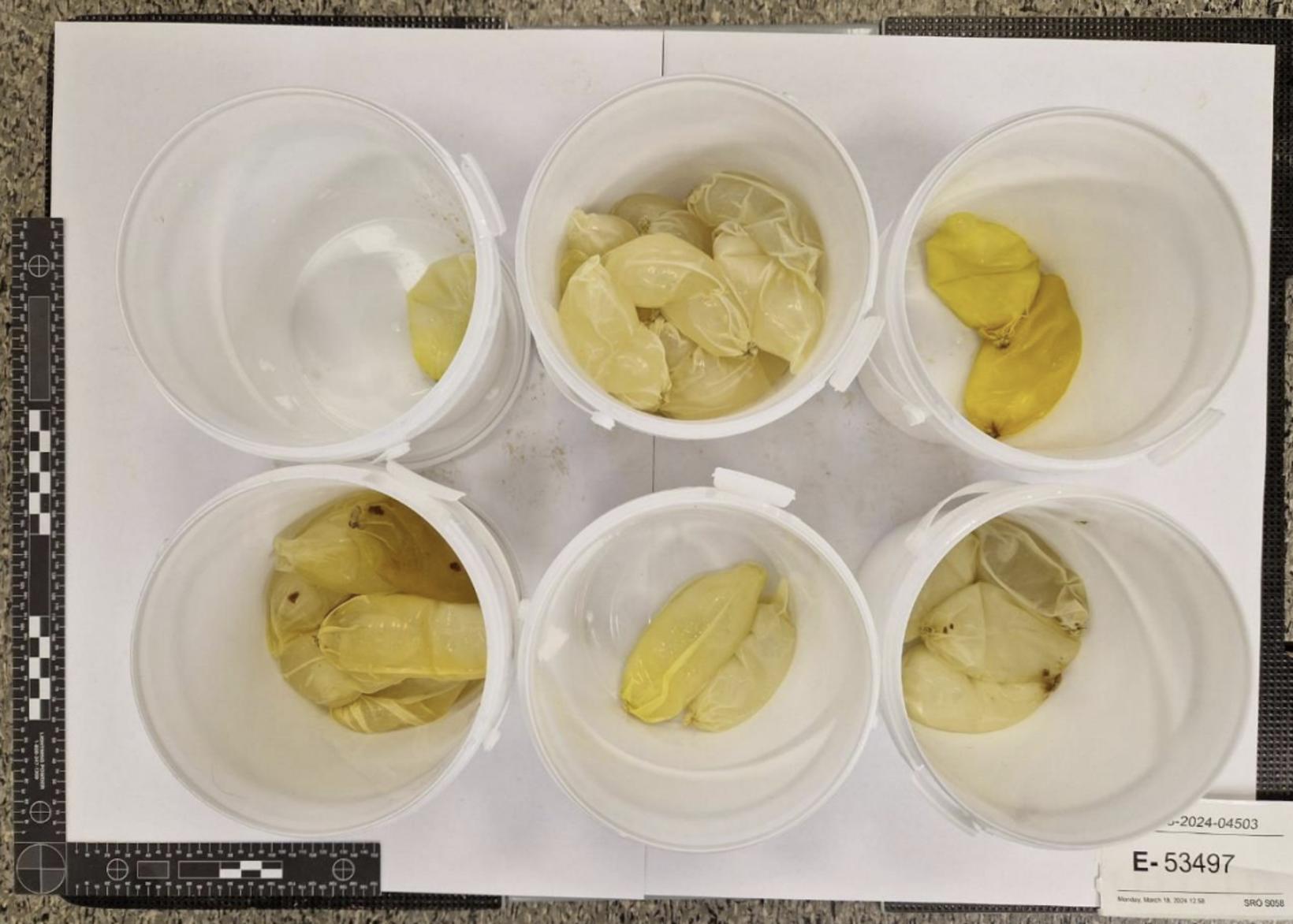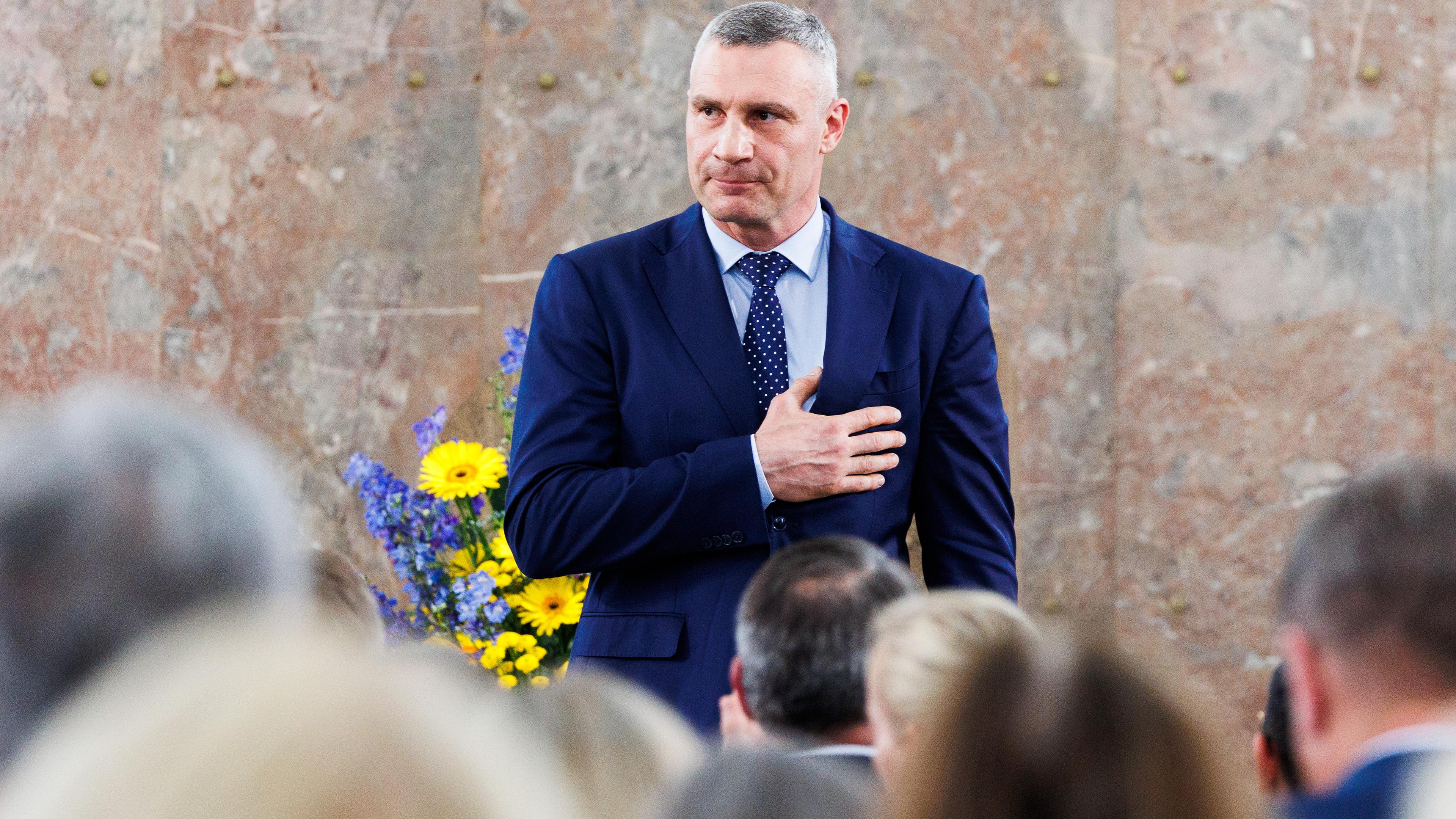Oksana Zabuzhko’s new book « Our Europe »
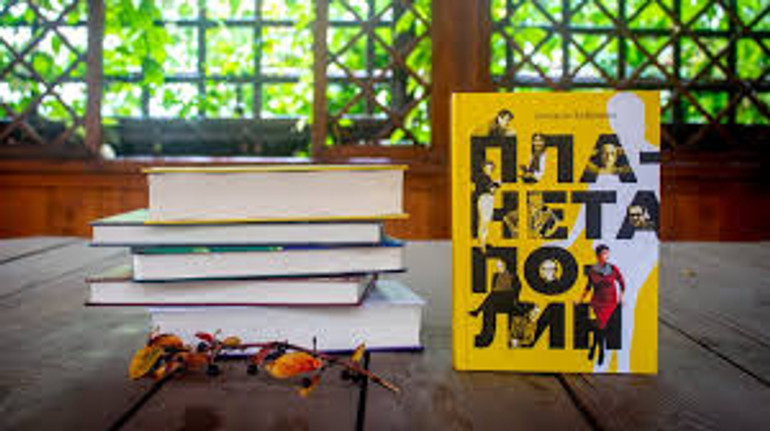
You read our Europe and anticipate Oksana Zabuzhko. Someone will say that the author is repeating. Someone has collected too different texts (« Everything that was ») and published a separate book – I also say, the case! For someone, probably individual texts work as triggers, the answer to which is mostly unchanged: either a stormy blind dispute, or complete, no less blind ignoring.
However, from Oksana Zabuzhko – the author who has been working in mode with extraordinary patience for decades: « I say twice: once – like a greek, for the second time – like a witness. And even then I will not believe! ». AND Even with such a semi -understanding, half -reading, half -listening, he still heads the first row of Ukrainian intellectuals.
Literary observer Arina Kravchenko He believes that « our Europe » is perhaps the most accessible and complete excursion about what the writer has worked on. Why – explain in the review for the long -awaited novelty.
Author of Grand Darling
To be very brief, « Our Europe » is a continuation of the Grand Drug, which Zabuzhko consistently leads through all his prose work.
References to the criticism of Joseph Brodsky and Tatiana Tolstoy at the legendary Lisbon Conference in 1988, where the leading intellectuals of the end of the twentieth century (those we now call classics) emerged, and without prior context, they are readily read. However, how better to turn to the essay « Farewell to the Empire: A few strokes to one portrait », which was published in the Almanac « The Spirit and Letter » in 1998 and reprinted in the planet wormwood in 2020. In it, long before the era of the slightest understanding of his act by most readers (indifferently, how professional!) Disassembles Brodsky into bones.
« Planet Pauline » received the « BBC-2020 Book of the Year » as the best essayism
Air Force
Undoubtedly, the preface to the Polish edition of Alain Polts’ Memories « Woman on the Front » is in itself felt like surgery in The reader’s consciousness, not overshadowed by the extent of the Soviet Army sexual crimes (and therefore disarmed).
However, in a hundred times, this text works better after reading the undervalued « Chronicles of Fortinbras » (and well, by the way, would be reprinted). Namely, the essay « Author’s woman in colonial culture, or the needs for Ukrainian gender mythology. » In this text, Zabuzhko explains what a double marginalization (a woman, even a Ukrainian), considers neglect of gender issues as a rice inherent in totalitarian states, conceptualizes the phenomenon of mass rapes in the conquered territories.
Is it worth mentioning that also to Czeslav Milos, the Polish Nobel laureate, Zabuzhko appeals in the same « chronicles … »? And from the standpoint of 2025 it seems that this small, rather intimate text, « Milos Lessons », did not grow out over time into something more monumental, more meat. In a true full -blooded dialogue with « Family Europe », a book that Milos himself described as « Missionary’s sermon among savages and at the same time an attempt to answer the question who I am ».
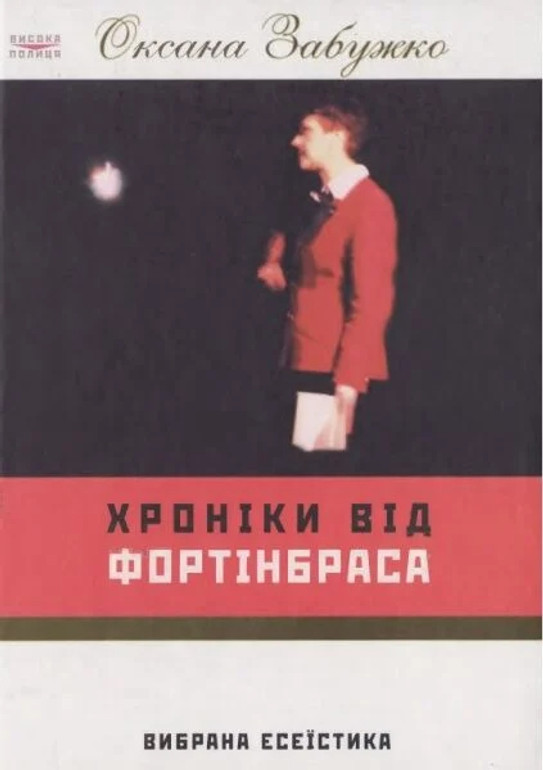
Edition of essays Zabuzhko « Chronicles from Fortinbras »
If someone is surprised by the depth of the authorization of the author in Russian classics and the ability to prepare « Great Russian literature » and Russian myth -making in general, then the writer has been deconstructed for more than one year. In particular, « how the Cherry Garden » can be considered one of the most interesting Ukrainian (and not only) case stady how to read Russian literature, armed with a critical impulse, which is still atrophied in every researcher who decides to enter the Slavic Studies. What is the so-called Western Academia, which is in our old or good post-Soviet academic Frankenstein.
Let it be, and there are no random texts hidden in the water or observations that sour from time like milk. Any of any of his texts can be easily caught in a welding or library and re-illuminated, at the same time, at the same time, erecting his eyebrows by speaking because of how much « this is » it is written-unfortunately or fortunately.
Therefore, « Our Europe » is not just existing texts collected under one cover. This is a kind of census of your own forerunners from the standing of the witness: « I have not heard in 2017? So I will show you again – Only in the framework of the political adzed of the sample 2022-2025. « Yeah … So … So …
In addition, it is also a few voices: in our Europe we find texts that are not primarily intended for the Ukrainian reader. And this is already a continuation of the direction that Zabuzhko started on the « longest trip », looking for a common thesaurus with « foreigners » and trying to briefly and comprehensively bring them into the course of Ukrainian affairs. All – In order to eventually lay cultural bridges of understanding, to sow on the site of indifferent ignorance of complicity.
Zabuzhko calls these language searches « cultural schizophrenia of a Ukrainian writer burdened with European recognition ». However, a master class on cultural diplomacy is also suited to the definition.
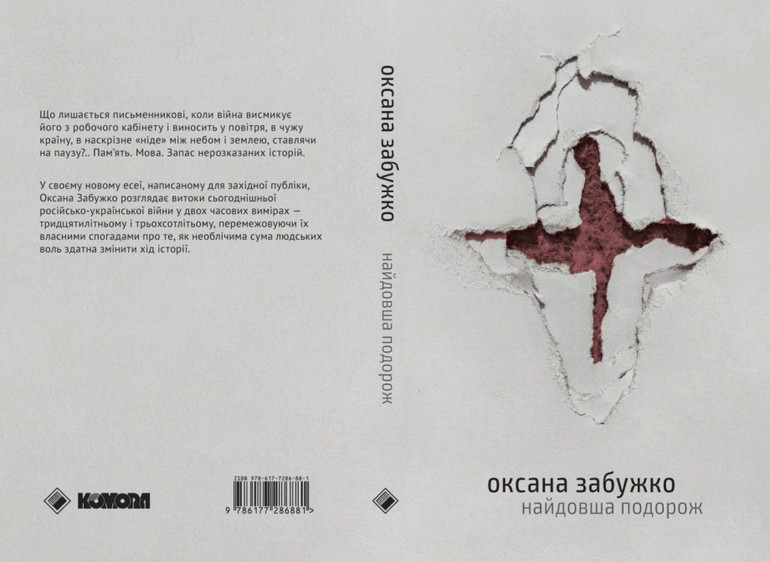
Oksana Zabuzhko’s « longest journey
Maximum plan
Thematic assembly of essays Zabuzhko is always a plan of the maximum: to identify the false, to evaluate the damage caused, to find the root cause, to embroider the problem, to advise the lecture, to tighten the historical context, to give (and it is necessary many places and often) a short historical and political excursion, to the present. Further, it is necessary to return in time with the continuation. Our Europe is no exception.
Here and how to lay the west of the cities « from scratch » – when there are not too successful predecessors, there are no Core Memories about who you are and where. The fact that in order to occupy its own, in the future is an integral and unjust place in Europe, you still need to « reach material », to absorb « At the level of the basic firmware understanding, where Europe came from and what way Europe went to today and where it was our place. » PpThe creation of political geography of New Europe and the leading role of Ukrainians in this process. On the crisis of international institutions and still relevant division of Europe by the Berlin wall. About the rationalization of the evil to which Europe was taught by Russian culture. About books that precede tanks.
“The most effective form of oblivion is misunderstanding”– writes Zabuzhko. Therefore, misunderstanding should be afraid of fire. After all, we are convinced, in particular, through the essays of the author: every forgotten brutal history lesson is a potential new and even more cruel. Every forgotten crime is a space for rewriting memory about it and the extension of transgeneration injury. Every refusal to read and analyze the enemy is a danger that awaits when you finally (even for a second) you will stop watching.
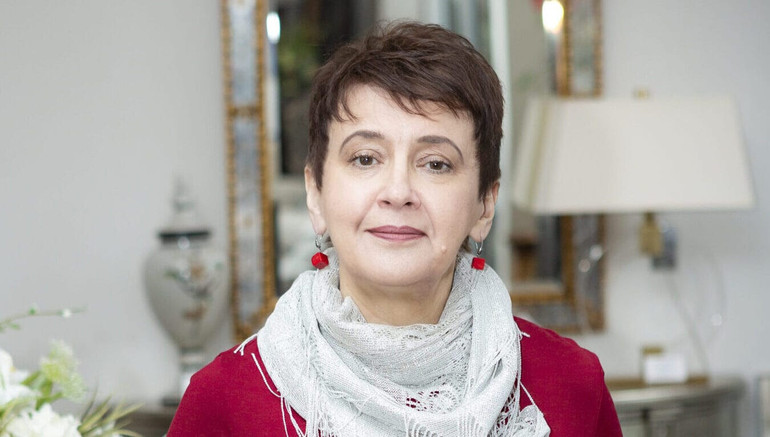
« Thematic assembly of essays Zabuzhko is always a plan of the maximum: to identify the fame, to evaluate the harm caused, to find the root cause, to embroider the problem »
The territory of the book
Zabuzhko is convinced that the reduction of the territory of freedom precedes the reduction of the « territory of the book ». I am convinced that no interview or public speech, which « everyone has already heard » will replace the text recorded on the printed page. Therefore, the obligation of those who want to always belong to the « territory of freedom » – to print books, even if we and without them today we have all the information of the world, – – – especiallywhen it seems like that.
Life in the global village, where information is pressed by algorithms, does not benefit anyone, but books are still able to offset this effect, introduce into the area of healthy discomfort – and therefore growth. « Our Europe » is just such a book, and despite its variety, it is like a puzzle. After all, our happiness is that Cassandra says twice. Whether three times or… – as much as we need, in short.

